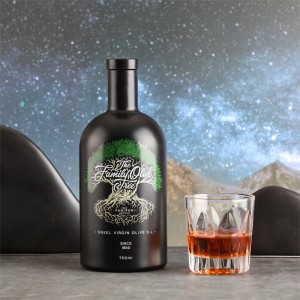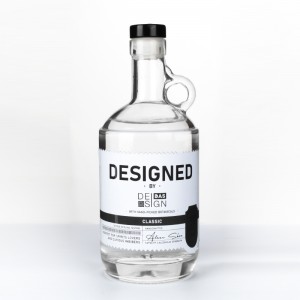To many people, “liquor” and “liqueur” are interchangeable terms, but they are not. Although both are alcoholic beverages that you can purchase at liquor stores and use as ingredients in cocktails, they have distinct characteristics that set them apart.
Liquor refers to any alcoholic beverage that results from the fermentation and distillation of grains, fruits, or other plants. The most common liquors include whiskey, vodka, rum, gin, tequila, and brandy, but there are many others. Unlike beer and wine, liquors must be distilled to be classified as spirits, which means that they have a higher alcohol content and are relatively high-proof. While some white spirits, such as rum, may contain small amounts of sugar, they should not be sweetened.
However, the market has recently seen the rise of flavored liquors that blur the line between liquor and liqueur. For instance, cupcake-flavored vodka, cinnamon-flavored whiskey, and flavored brandy are becoming more popular. These products often contain added sugar and artificial flavors, which make them taste sweet and candy-like. Although they still qualify as liquors because of their high alcohol content, some argue that their overwhelming sweetness puts them closer to liqueurs.
On the other hand, liqueur is a type of spirit that emphasizes taste and aroma over alcohol content. Liqueurs are often sweetened and flavored with herbs, fruits, spices, and other natural or artificial ingredients. They can range from clear and colorless to dark and opaque, and their flavor profiles can be complex and diverse. Some of the most popular liqueurs include amaretto, triple sec, creme de menthe, and Chartreuse. Liqueurs are usually lower in alcohol content than liquors, with most varieties containing between 15% and 30% alcohol by volume.
Liqueurs can be enjoyed in a variety of ways. Some people prefer to drink them neat or on the rocks, while others use them as mixers in cocktails or coffee drinks. Many liqueurs are suitable for layering, a technique that involves pouring different colors of liqueurs in a glass in a way that creates distinct layers. This effect is possible because each liqueur has a different density, which makes them separate from each other. Liqueurs are also often paired with desserts, such as cakes, pies, or ice cream, to enhance their flavor. Additionally, they can be used in cooking, especially in sauces, marinades, and glazes.
Overall, the difference between liquor and liqueur boils down to their ingredients, production methods, and taste profiles. While liquor is a high-proof spirit that is distilled from fermented grains or plants, liqueur is a sweet and flavorful spirit that may or may not be distilled and is often infused with natural or artificial ingredients. By understanding their differences, you can make informed decisions when choosing the right ingredient for your drink or recipe.
Post time: Jun-08-2023






